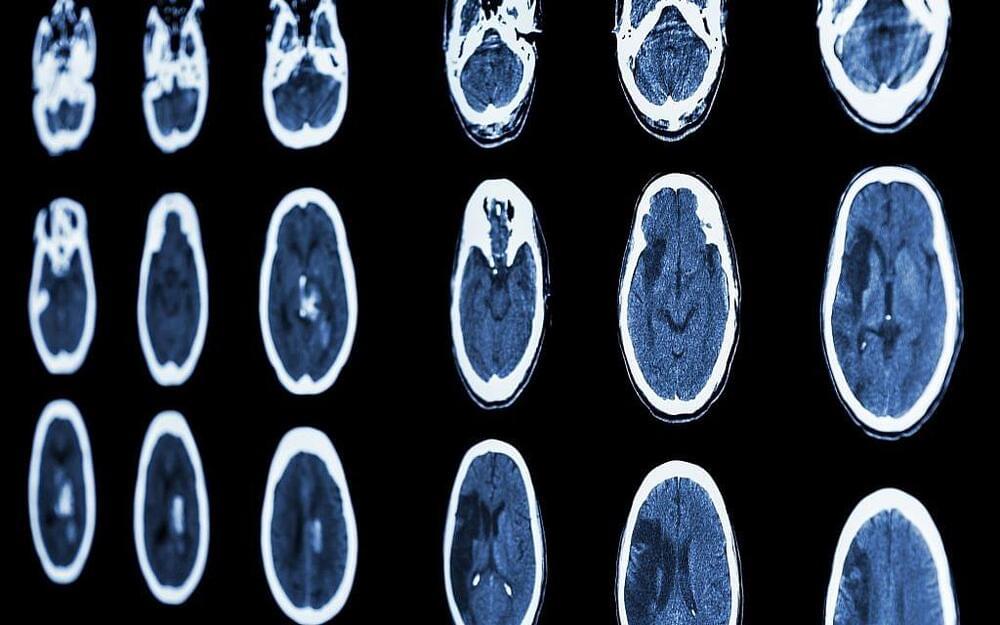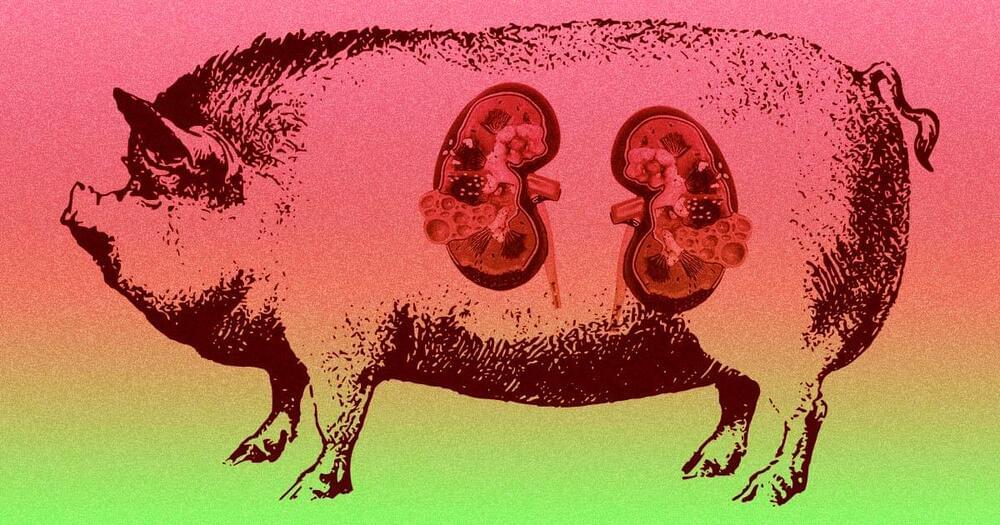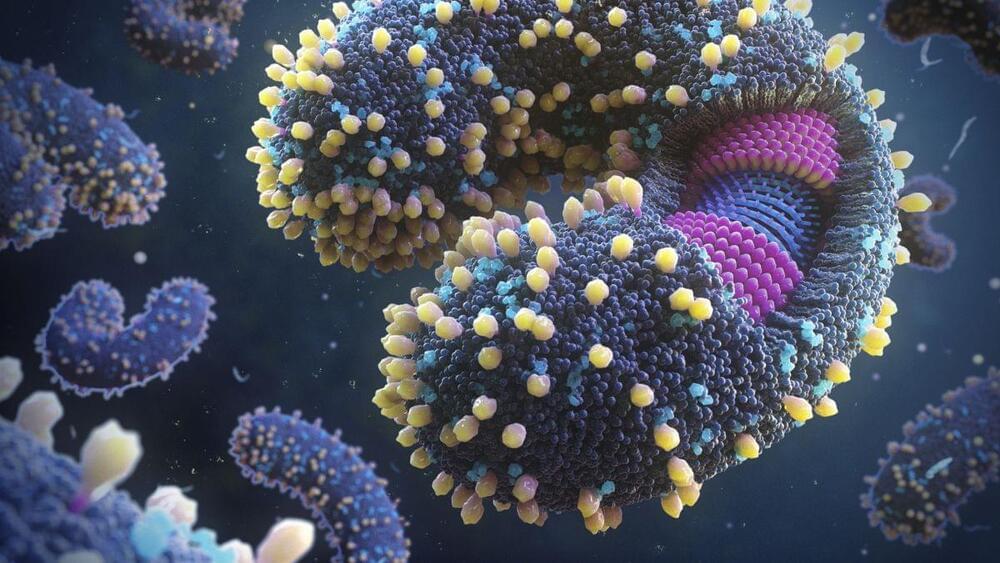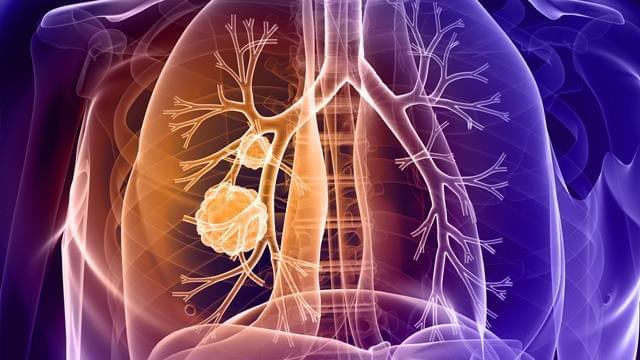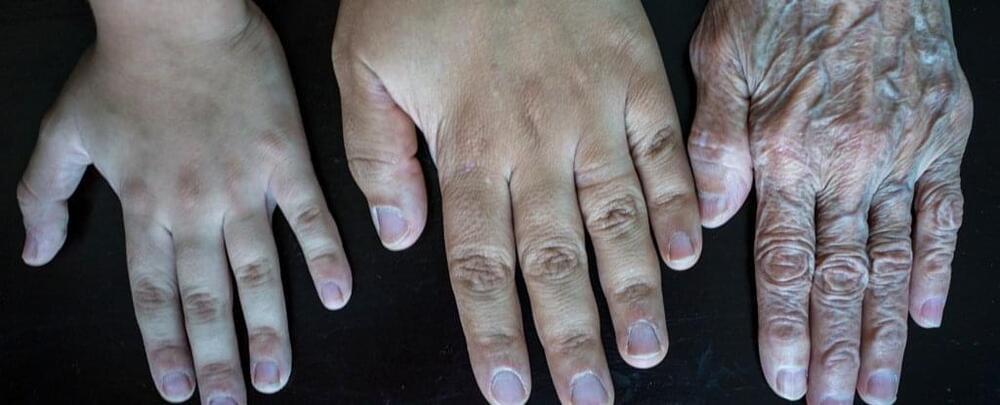Medical tech company Viz.ai, a developer of an AI-powered stroke detection and care platform, has pulled in a new investment of $100 million at a valuation of $1.2 billion, making it Israel’s newest unicorn (a private company valued at over $1 billion).
The company said Thursday that the Series D funding will be used to expand the Viz platform to detect and triage additional diseases and grow its customer base globally.
Viz.ai’s newest round was led by Tiger Global Management, a New York-based investment firm focused on software and financial tech, and Insight Partners, a VC and private equity firm also based in New York. Tiger Global has invested in Israeli companies such as cybersecurity companies Snyk and SentinelOne as well as payroll tech companies Papaya Global and HoneyBook. Insight Partners is a very active foreign investor in Israeli companies, with at least 76 local portfolio startups to its name including privacy startup PlainID, bee tech startup Beewise, and music tech startup JoyTunes.
